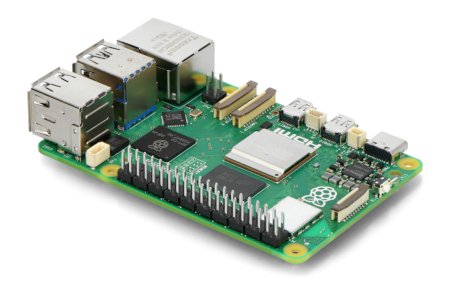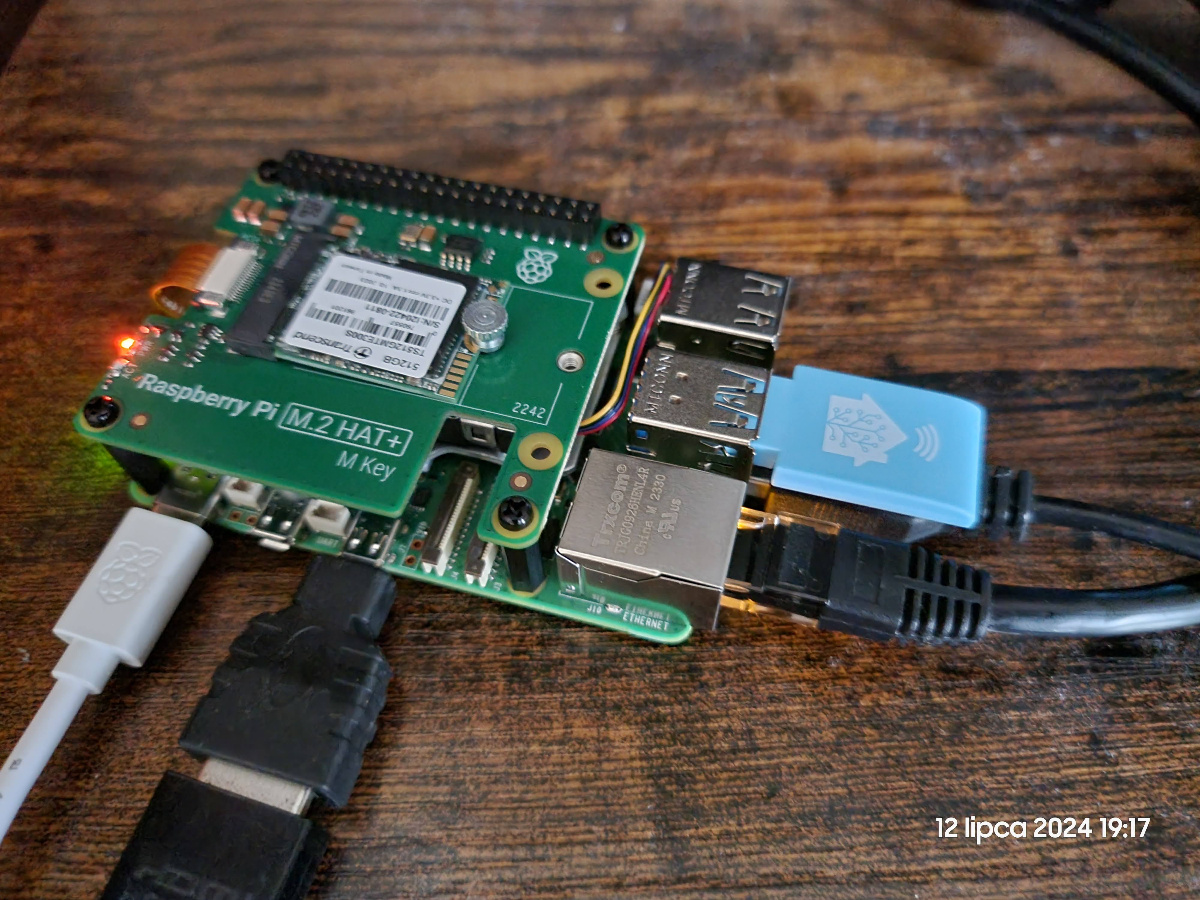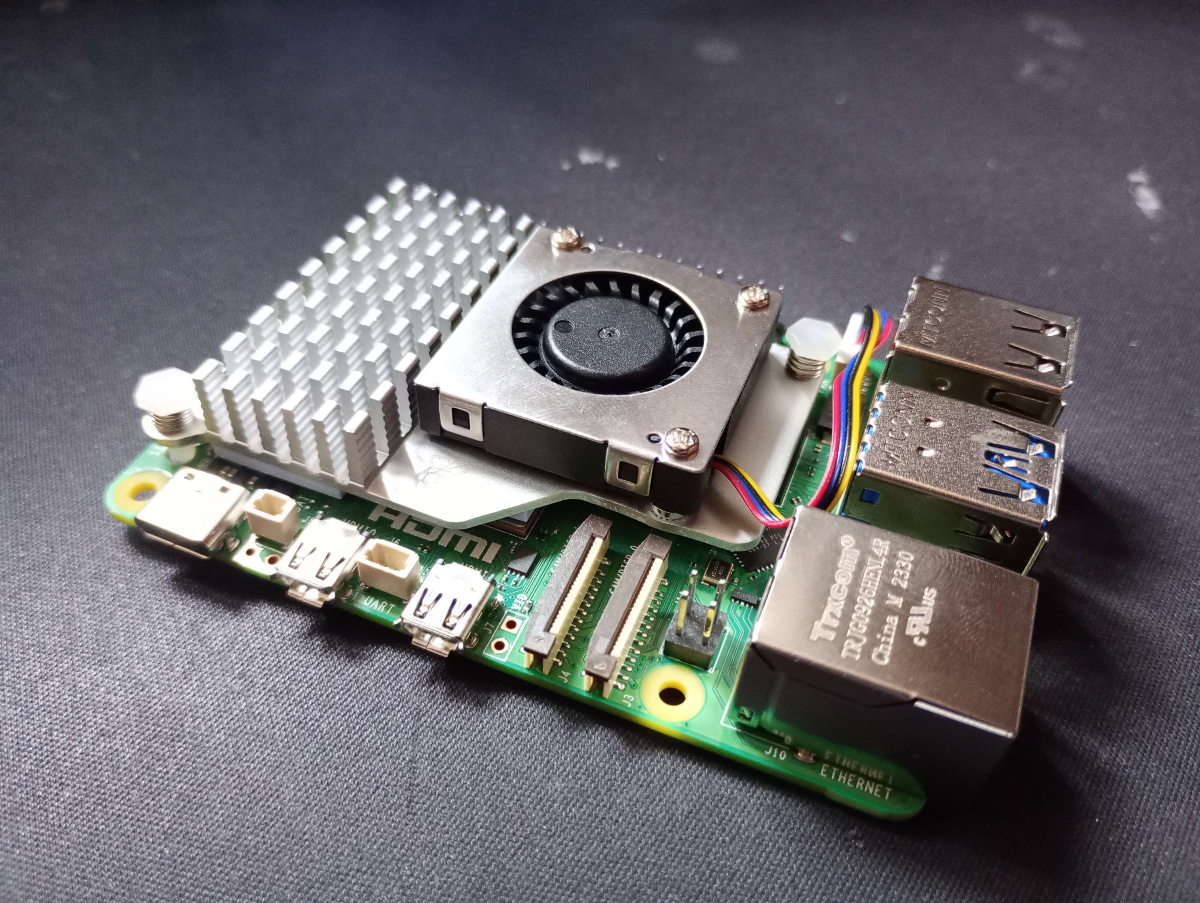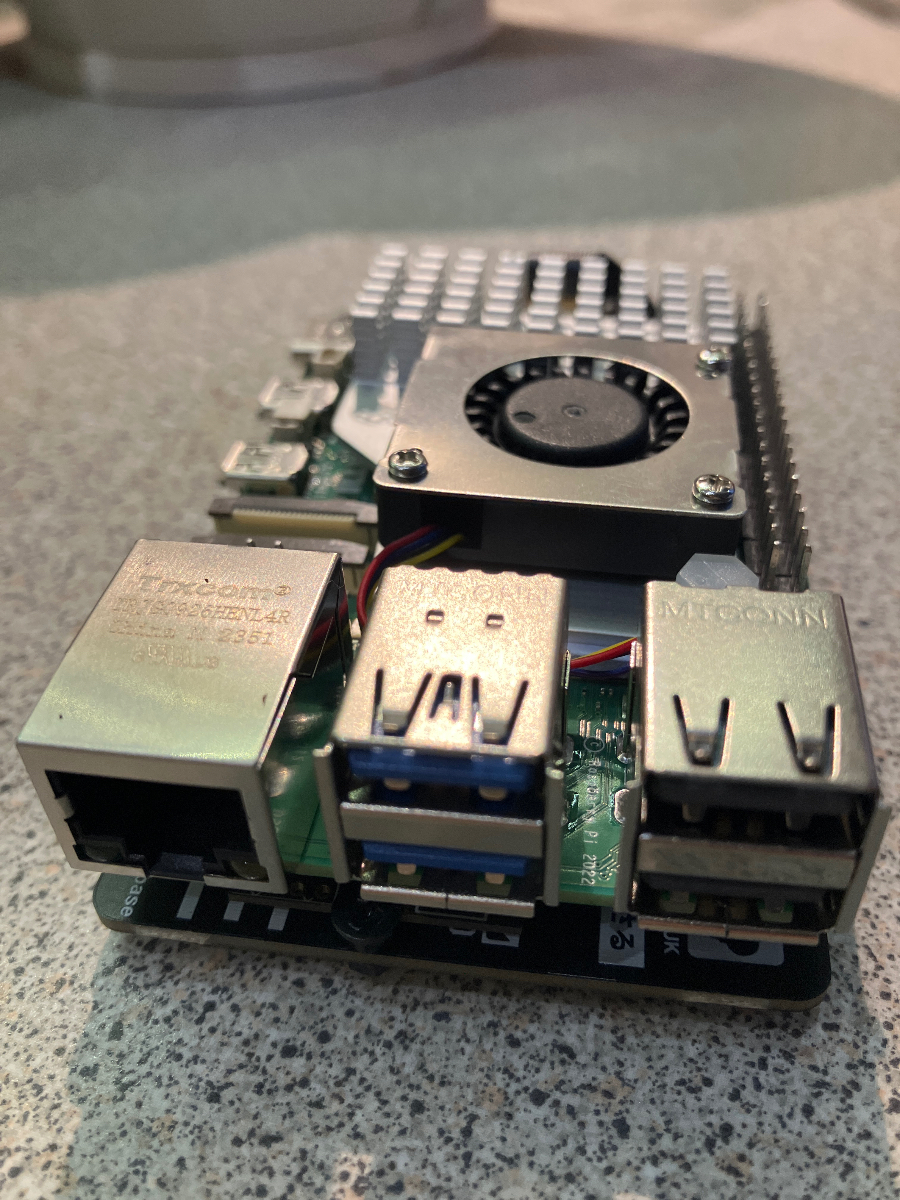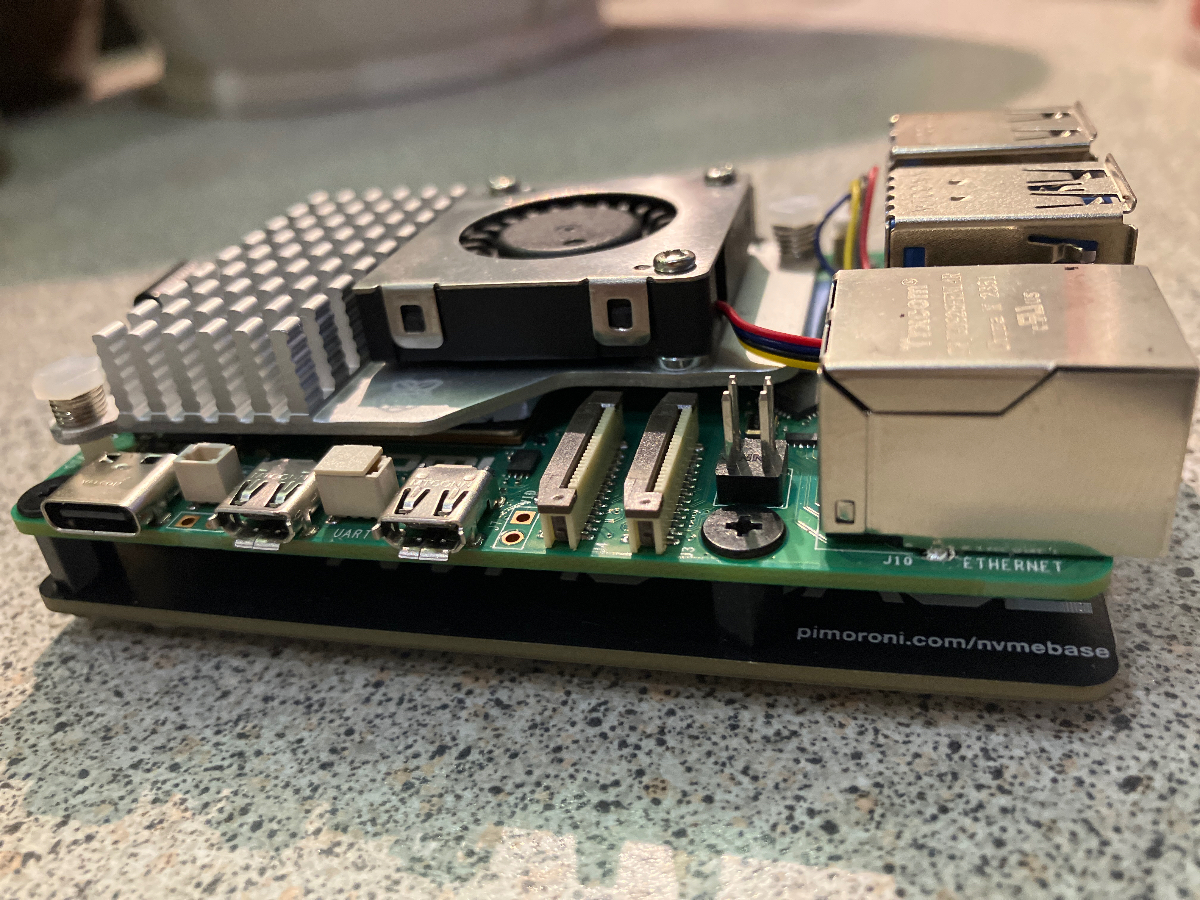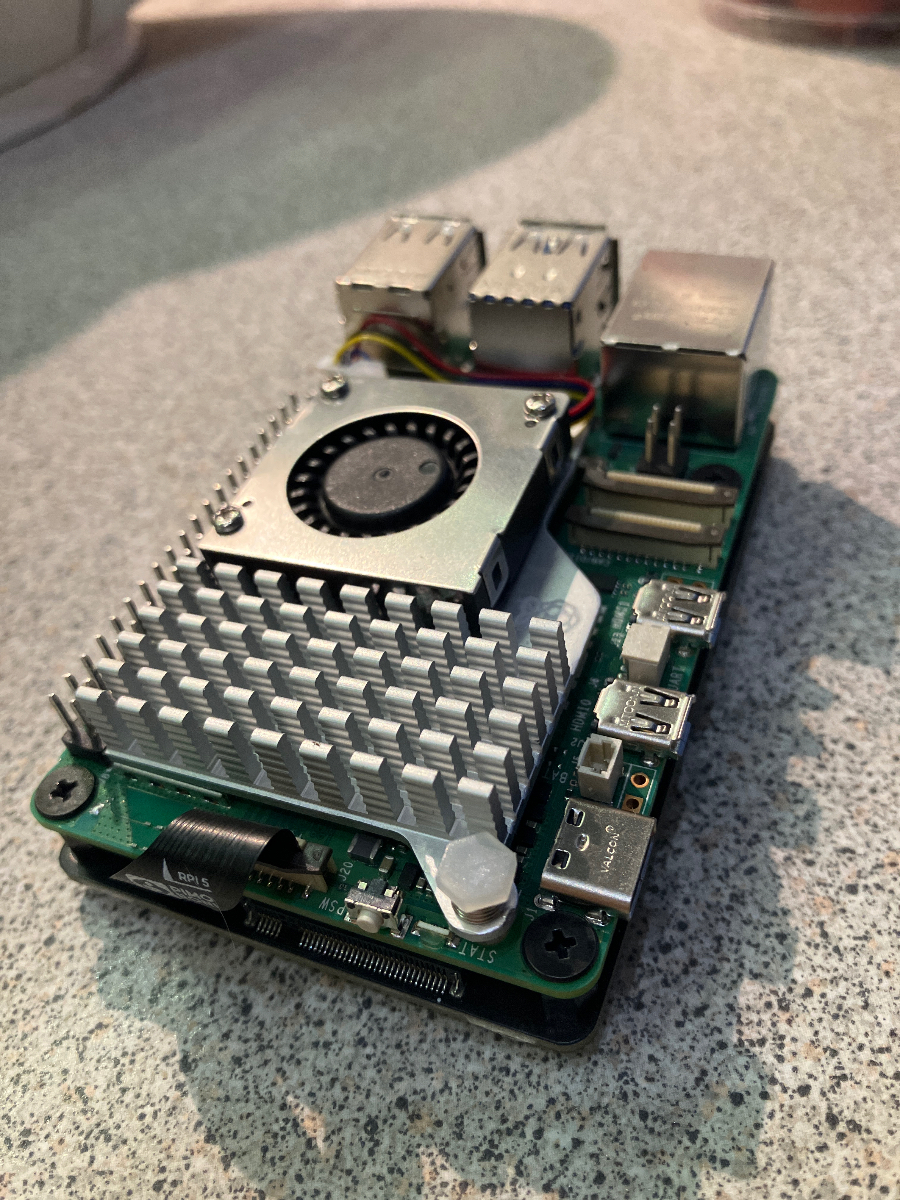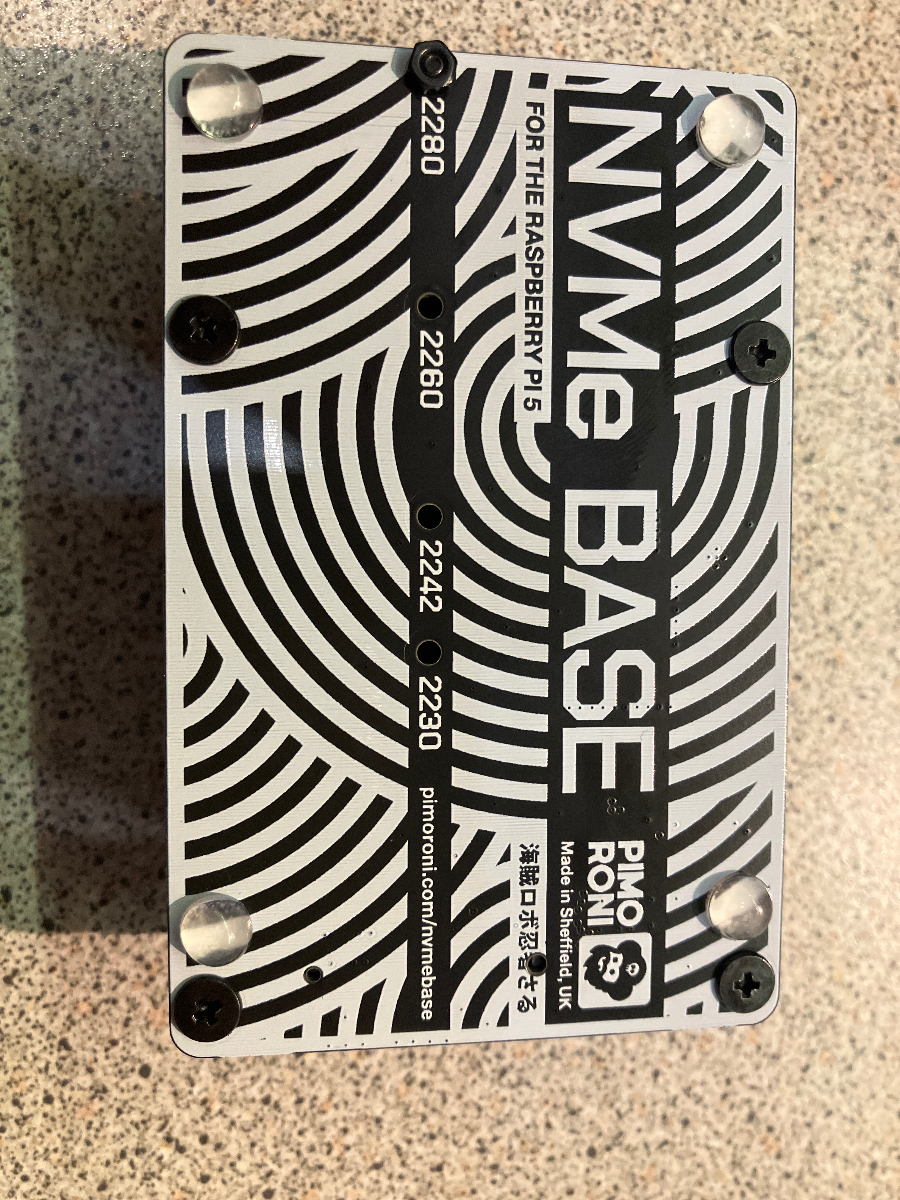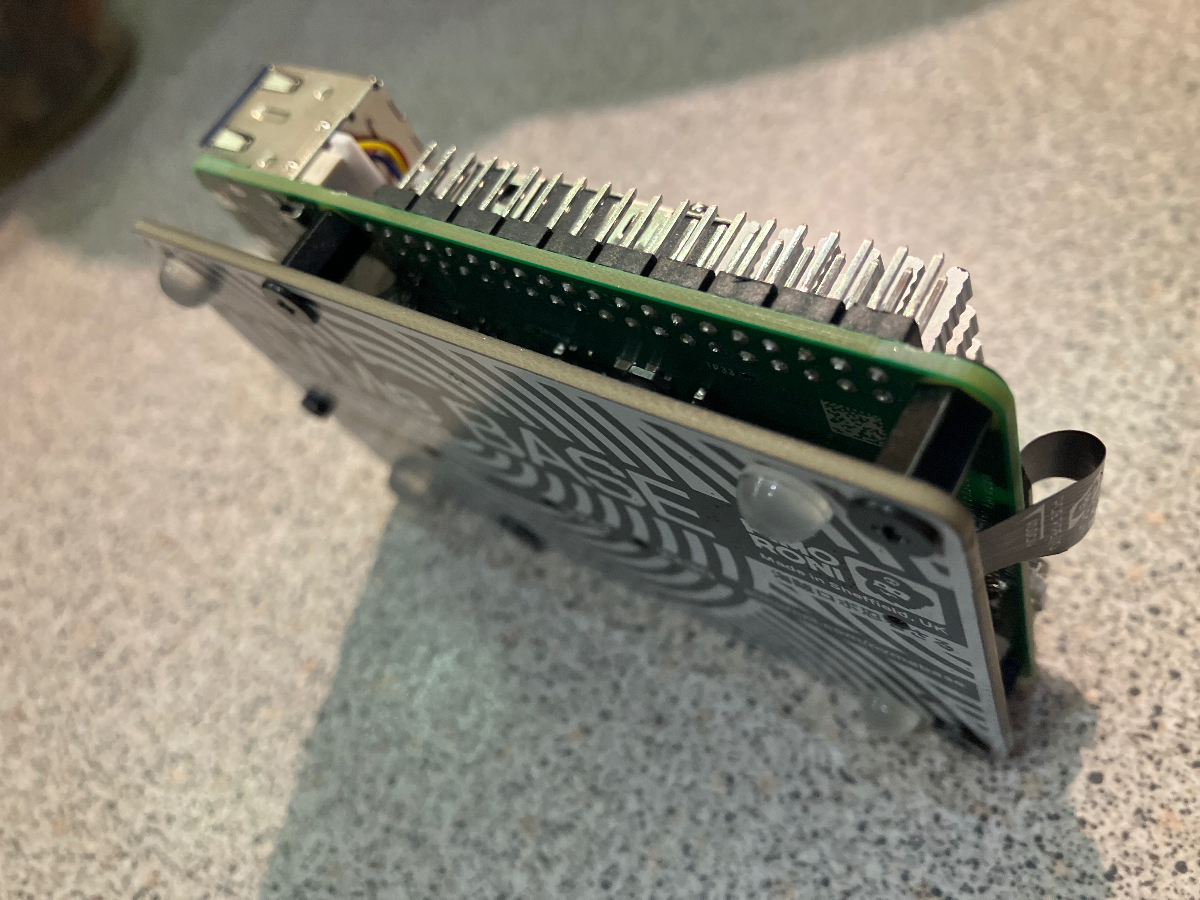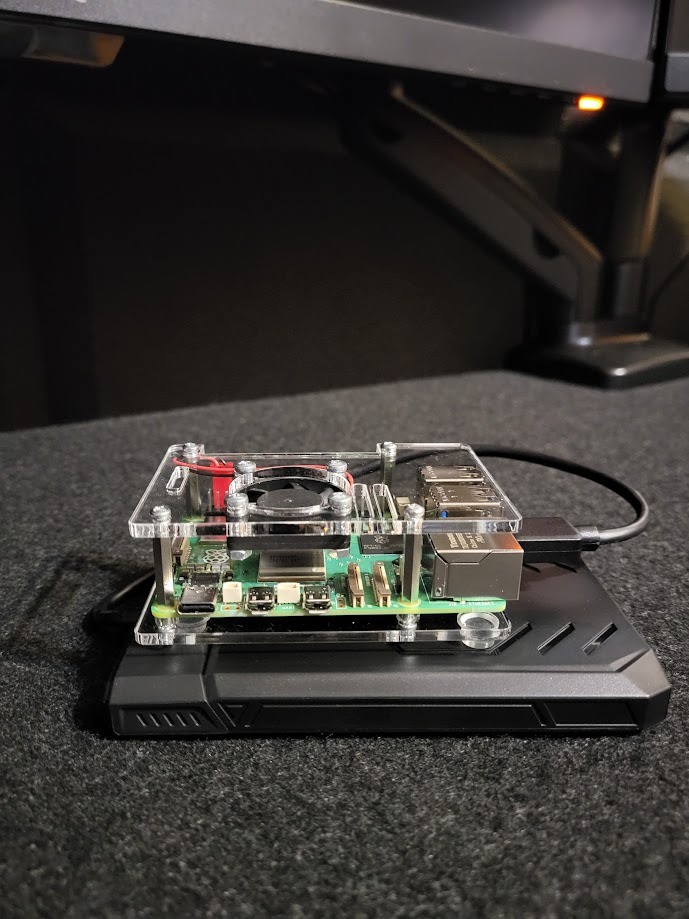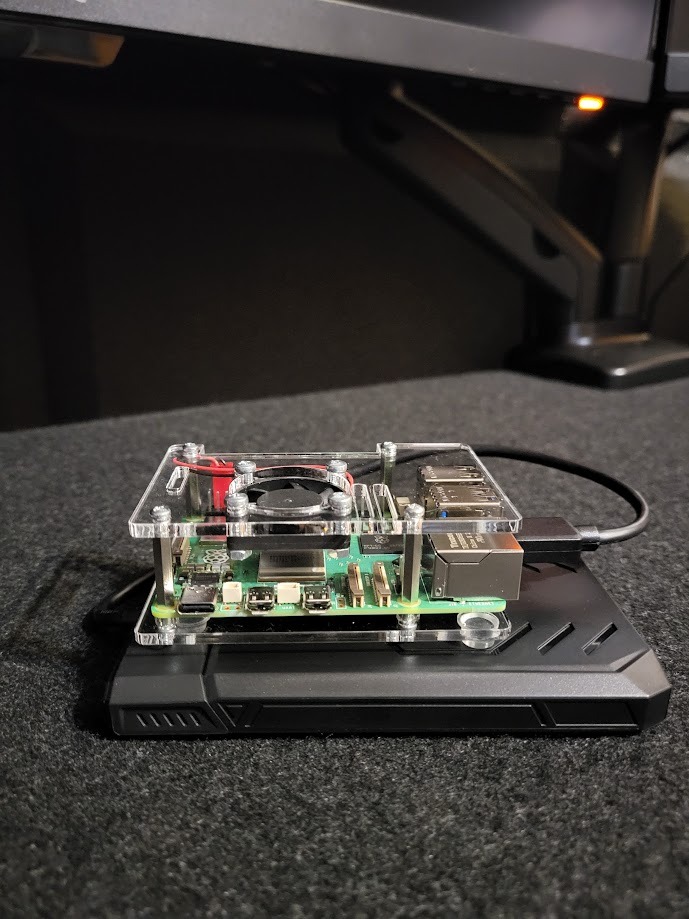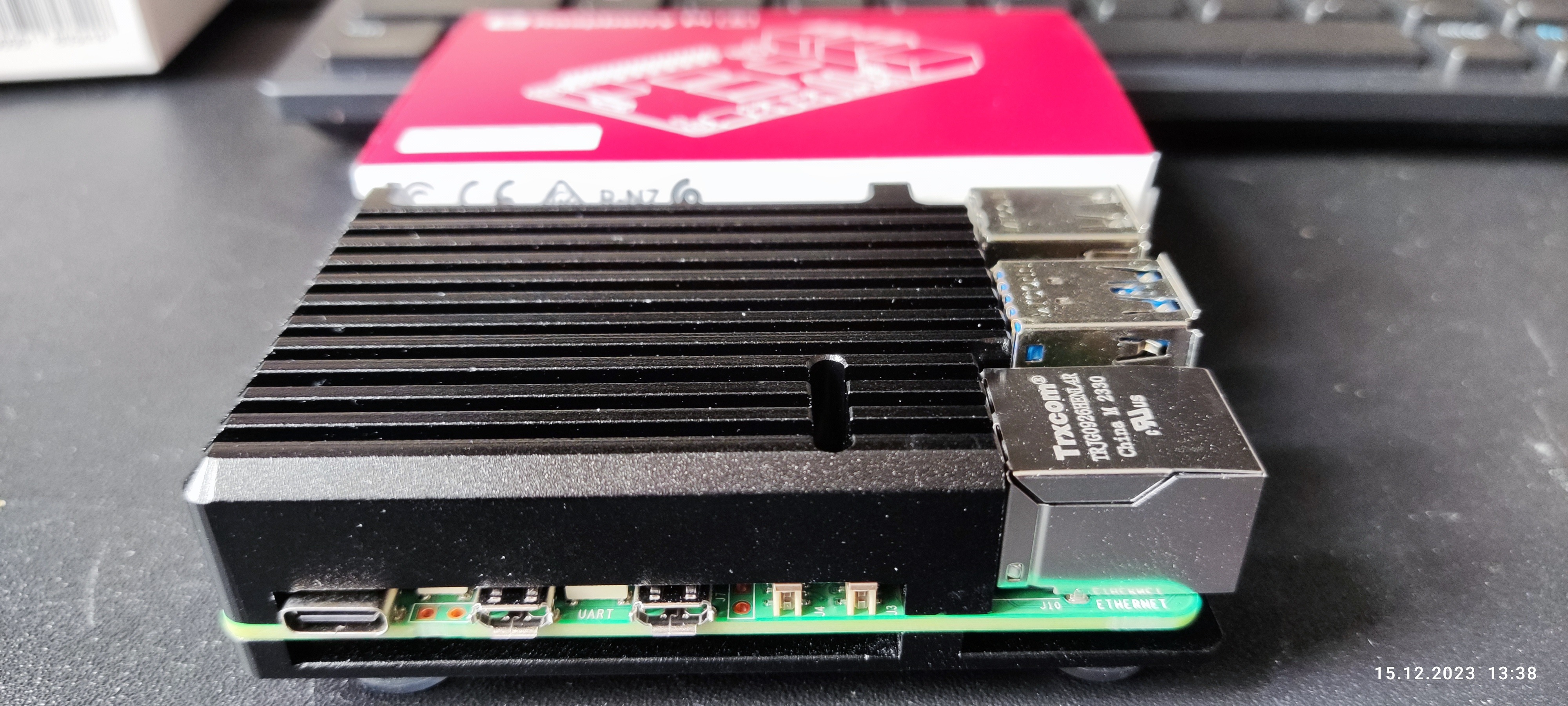Product description: Raspberry Pi 5 8 GB
Raspberry Pi 5 , offering 8 GB of LPDDR4X-4267 RAM , is powered by a quad-core Broadcom BCM2712 ARM Cortex-A76 64-bit processor clocked at 2.4 GHz, which is 2-3 times more efficient than its predecessor in Raspberry Pi 4. The fifth edition of this iconic series includes two microHDMI connectors, two USB 3.0 ports , two USB 2.0 and a USB C power connector. The device is also equipped with two interfaces for a camera and a MIPI DSI/CSI display , a PCI Express 2.0 connector, and space for a fan. , UART connector, space for the RTC battery and a dedicated power button. The Raspberry Pi 5 also has dual-band WiFi (2.4 GHz and 5 GHz), Bluetooth 5 BLE and a fast 1000 Mb/h Ethernet port with the option of powering via PoE using the PoE+ HAT overlay. The board retains the standard 40-pin GPIO connector (2x20 pin, 2.54 mm pitch) and a slot for a microSD memory card with the operating system. Additionally, next to the typical mounting holes, there are holes intended for installing an official radiator with a fan.
Layout and description of components on the Raspberry Pi 5 board
- Model designation
- Broadcom BCM2712 processor
- PCI Express 2.0 interface
- ON/OFF button
- Power management system
- Active cooling/radiator mounting holes
- RTC battery connector
- UART connector
- Raspberry Pi RP1 I/O controller
- Fan connector
- Ethernet and USB ports (inverted from Raspberry Pi 4)
- PoE HAT connector
- 2x 4-line MIPI DSI/CSI connectors
Changes in Raspberry Pi 5
| Characteristic | Description |
|---|---|
| Several versions | Raspberry Pi 5 is available in several versions differing in the amount of RAM: 1 GB, 2GB, 4GB, 8GB. |
| BCM2712 processor | The Broadcom BMC2712 Quad-Core ARM Cortex-A76 64-bit chip clocked at 2.4 GHz is 60% faster than its predecessor. |
| PCIe 2.0 connector | The fifth version of Raspberry Pi is equipped with a fast PCI Express 2.0 connector, allowing you to connect peripherals with fast data transfer. |
| RTC battery connector | A dedicated connector allows you to connect a real-time battery (RTC) to maintain the current date and time. |
| UART connector | There is a UART connector on the board to which you can connect a debugger. |
| Two CSI/DSI connectors | Raspberry Pi 5 is equipped with two 4-line MIPI CSI / DSI connectors in the mini 22-pin format in a 0.5 mm pitch, to which you can connect a camera and a display or two cameras / two displays. |
| ON/OFF button | The Raspberry Pi minicomputer can now be turned on/off using the power button. The button can also be used to wake the raspberry from deep sleep mode. Holding the button for a long time cuts off the power to the minicomputer. |
| Raspberry Pi RP1 chip | The RP1 chip was designed specifically by the Raspberry Pi Foundation to support I/O interfaces, relieving the minicomputer's main processor, making Raspberry Pi 5 significantly more efficient than its older predecessors. |
| Layout of joints | The outline of the board remains the same as in previous versions, but the layout of the interfaces has changed. |
Image and sound in Raspberry Pi 5
The fifth edition of Raspberry Pi offers two microHDMI connectors , enabling the transmission of image and sound in 4K quality at 60 fps. Raspberry Pi 5 is equipped with two 4-line MIPI CSI/DSI ports that allow you to connect two screens with 4K resolution or two cameras. The device uses a VideoCore VII GPU clocked at 800 MHz. The CSI/DSI ports have 22 lines with a 0.5 mm pitch , which means that an appropriate adapter must be used to use previous accessories.
Raspberry Pi OS operating system
Raspberry Pi 5 has a microSD memory card slot (with support for SDR104 high-speed mode), used to run the Raspberry Pi OS system. It is also possible to run the system from the device's USB port. Our range includes memory cards with a pre-installed operating system, ready to use immediately after unpacking. Raspberry Pi 5 is compatible with Raspberry Pi OS starting with Bookworm .
Communication in Raspberry Pi 5
The fifth version of Raspberry Pi retains the popular interfaces that we know from typical PC computers. The key ones are:
- Two microHDMI connectors , enabling simultaneous connection of two monitors and displaying images in 4K quality.
- WiFi module - dual-band, operating in the 2.4 GHz and 5 GHz band, compliant with the 802.11b/g/n/ac standard.
- Bluetooth LE module - modern wireless Bluetooth Low Energy (LE) version 5.0.
- 4 USB connectors - two of them are USB 2.0 and the other two are faster USB 3.0 with support for 5 Gb/s operations simultaneously, ideal for connecting various peripheral devices.
- Ethernet socket - enabling a quick wired connection to the network with speeds up to 1000 Mb/s. Additionally, Raspberry Pi 5 can be powered through this socket (using the PoE+ HAT overlay).
- GPIO - consisting of 40 general purpose input/output pins that include interfaces such as I2C, SPI and UART. They are used for a variety of applications such as operating LEDs, buttons, motor controllers, and much more.
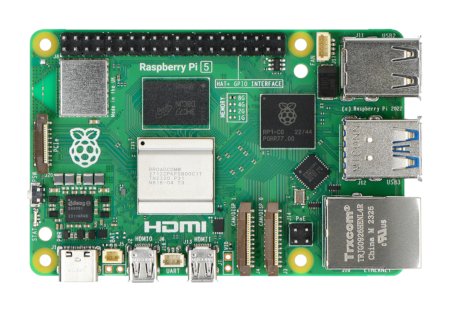 The fifth version of Raspberry Pi 5 is equipped with a power button, RTC battery connector, PCI-e and UART.
The fifth version of Raspberry Pi 5 is equipped with a power button, RTC battery connector, PCI-e and UART.Raspberry Pi 5 power supply
Raspberry Pi 5 has a USB Type-C port designed to power the device. The latest edition of this iconic series requires a 5 V power supply and at least 5 A current capacity. Our range includes both original power supplies and high-quality replacements compatible with Raspberry Pi 5. The maximum current efficiency of USB ports is 600 mA by default, but when a USB C power supply with the Power Delivery function is detected, the limit will be automatically increased to 1.6 A .
Specification and comparison of Raspberry Pi 3B+, 4B and 5
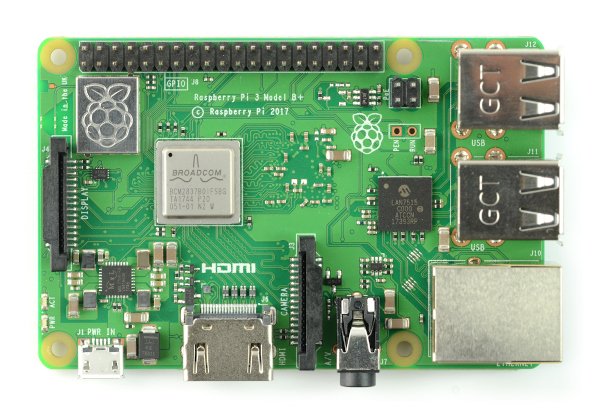 |
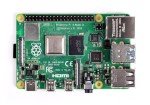 |
 |
|
| Model | Raspberry Pi 3 model B+ | Raspberry Pi 4 model B | Raspberry Pi 5 |
| Edition | 3 - 2018 | 6 - 2019 | 9 - 2023 |
| Processor chipset | Broadcom BCM2837B0 64-bit | Broadcom BCM2711 64-bit | Broadcom BCM2712 64-bit |
| Core | Quad-Core ARM Cortex-A53 |
Quad-Core ARM Cortex-A72 |
Quad-Core ARM Cortex-A76 |
| Operating Systems | Raspberry Pi OS Windows 10 loT |
Raspberry Pi OS | Raspberry Pi OS |
| Timing | 1.4GHz | 1.5 GHz | 2.4GHz |
| Architecture | ARMv8-A | ARMv8-A | ARMv8-A |
| RAM | 1GB LPDDR2 @ 900MHz | Several versions
|
Several versions
|
| Memory | microSD card | microSD card | microSD card |
| GPIO socket | 40-pin connector (2x20 pin) 2.54 mm raster |
40-pin connector (2x20 pin) 2.54 mm raster |
40-pin connector (2x20 pin) 2.54 mm raster |
| Power supply |
|
|
|
| Plate dimensions | 85 x 56 x 17 mm | 85 x 56 x 17 mm | 85 x 56 x 17 mm |
| USB interface | 4x USB 2.0 - type A socket | 2x USB 2.0 - type A socket 2x USB 3.0 - type A socket |
2x USB 2.0 - type A socket 2x USB 3.0 - type A socket |
| Network interface | 300 Mbps Ethernet port | Ethernet port 100/1000 Mbps | Ethernet port 100/1000 Mbps |
| WiFi interface | Dual Band 2.4 GHz and 5 GHz 802.11 b/g/n/ac |
Dual Band 2.4 GHz and 5 GHz 802.11 b/g/n/ac |
Dual Band 2.4 GHz and 5 GHz 802.11 b/g/n/ac |
| Bluetooth | Low Energy, BLE 4.2 | Low Energy, BLE 5 | Low Energy, BLE 5 |
| Camera | CSI socket | CSI socket | 2x 4-line MIPI CSI/DSI slot |
| Touch display | DSI socket | DSI socket | 2x 4-line MIPI CSI/DSI slot |
| Video | HDMI HD 1080px / 30 fps H.264 1080p30 OpenGLES 1.1, 2.0 |
2 x microHDMI H.265 4K 60 fps H.264 1080p 30 fps OpenGLES 1.1, 2.0, 3.0 |
2 x microHDMI H.265 4K 60 fps H.264 1080p 30 fps OpenGLES 1.1, 2.0, 3.0 |
| Communication | UART, SPI, I2C, GPIO | UART, SPI, I2C, GPIO | UART, SPI, I2C, GPIO |





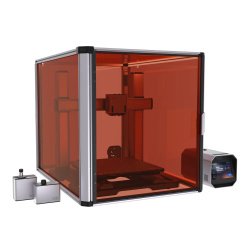




















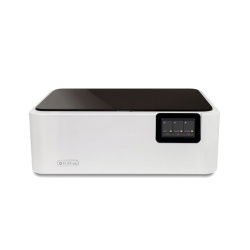
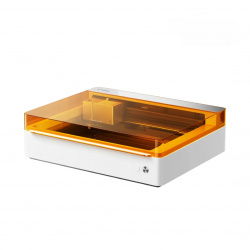






























































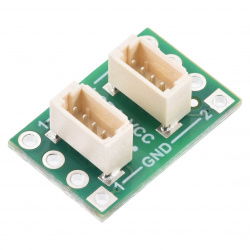

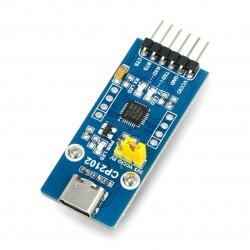
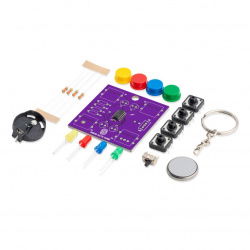

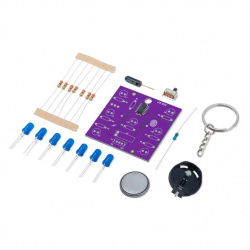
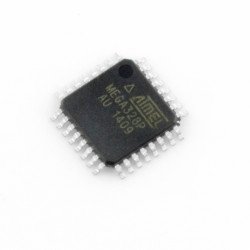
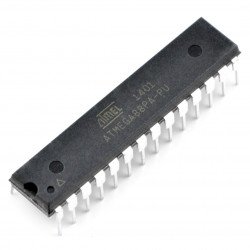
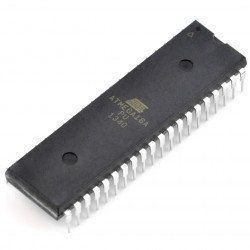
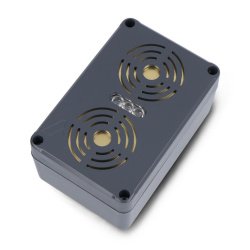

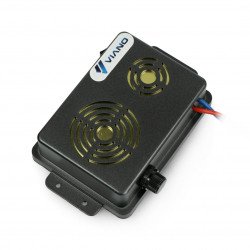
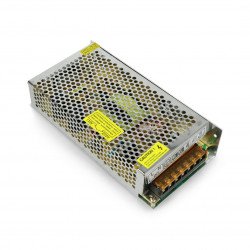
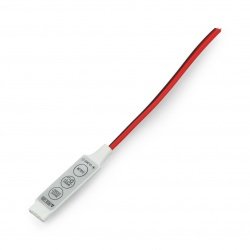
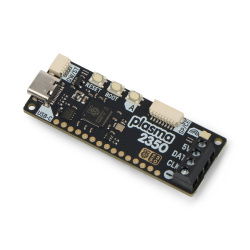
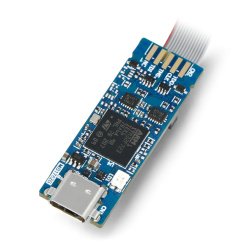
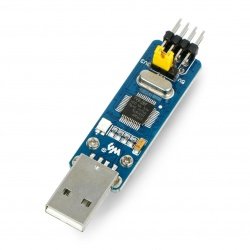
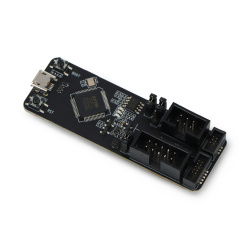
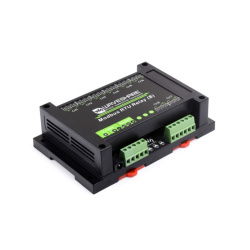
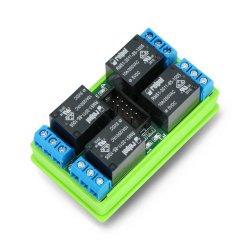
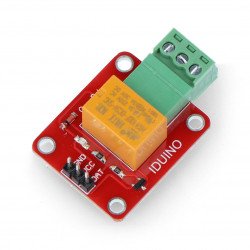
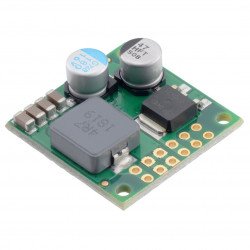
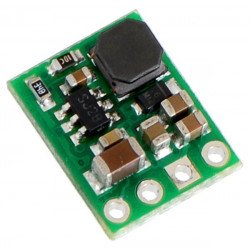

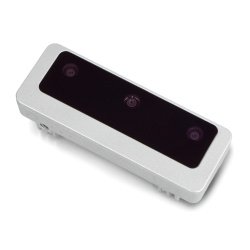
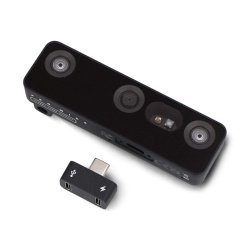

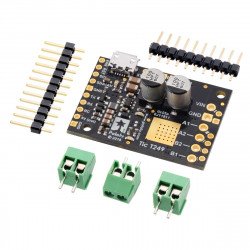
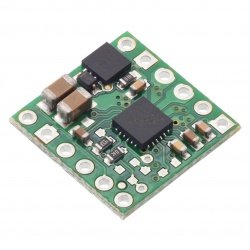
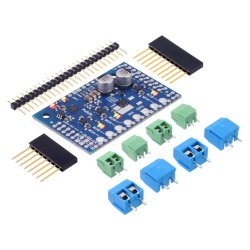
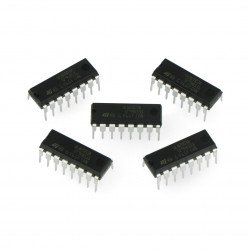
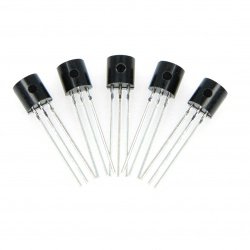
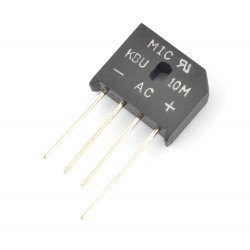

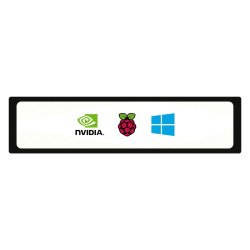
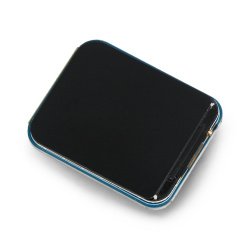




























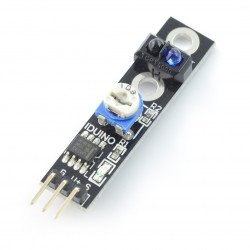
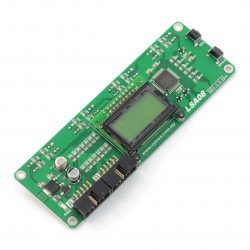


























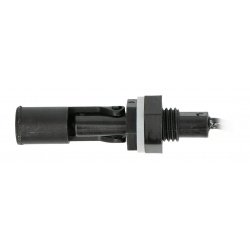
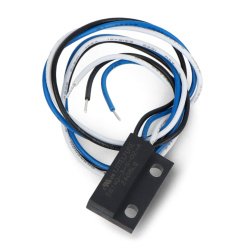

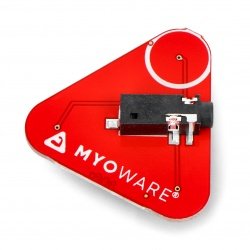
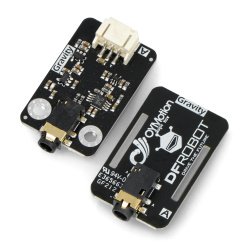
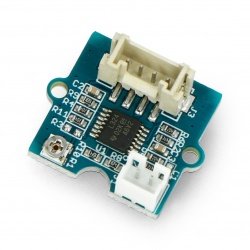
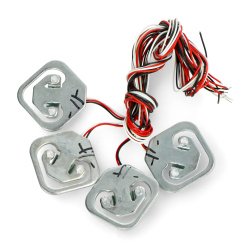
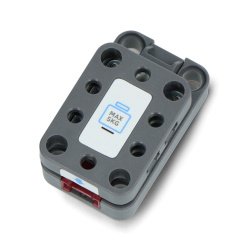
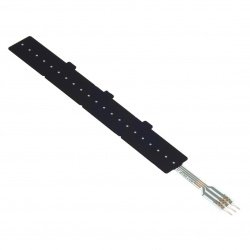
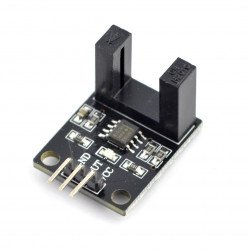
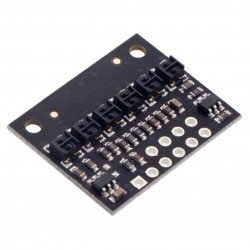
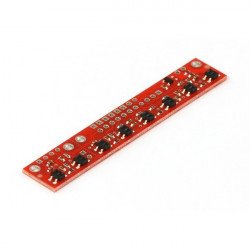
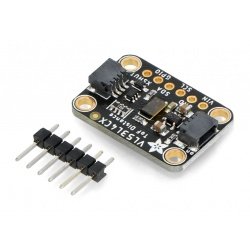

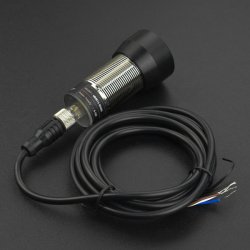
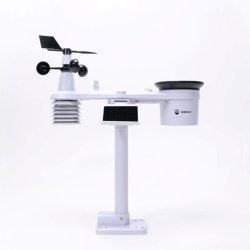
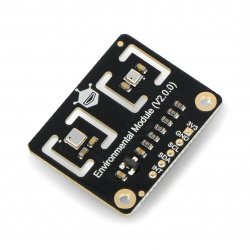
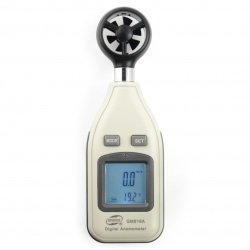
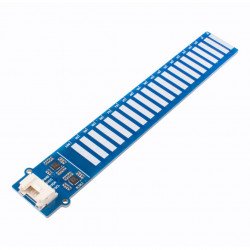
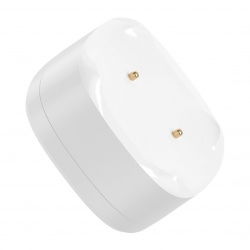
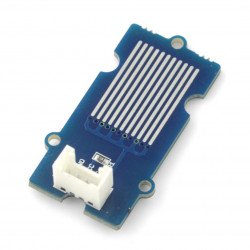

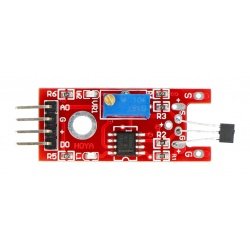
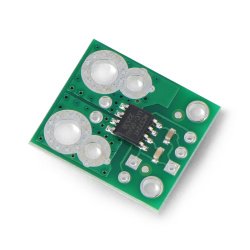
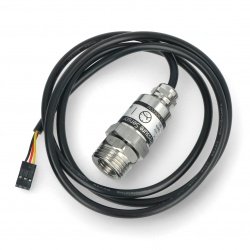

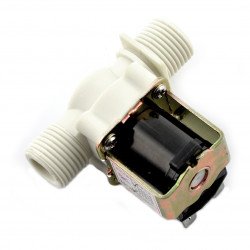
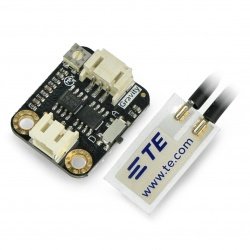
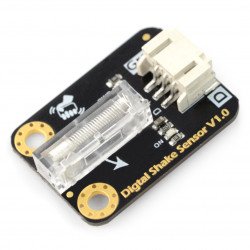
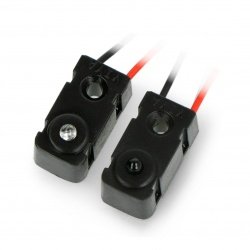
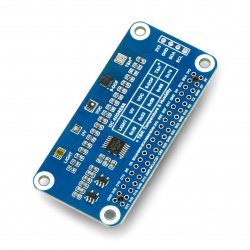
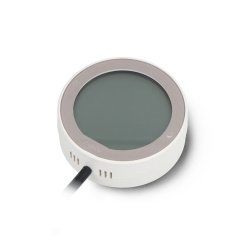
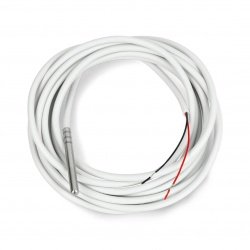

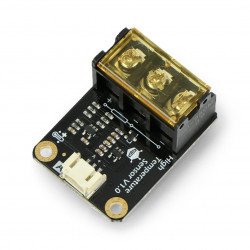
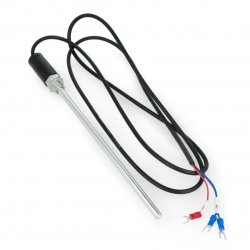
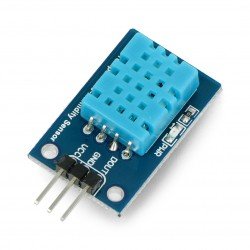
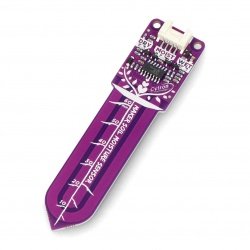



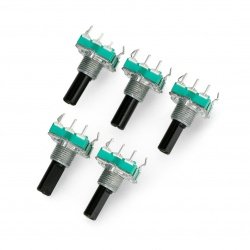
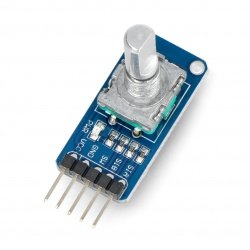
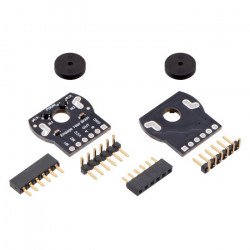



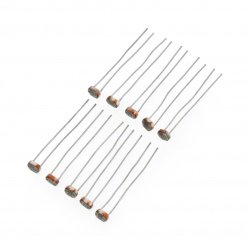








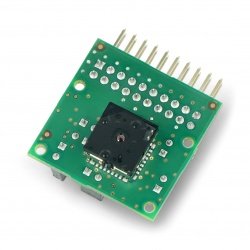

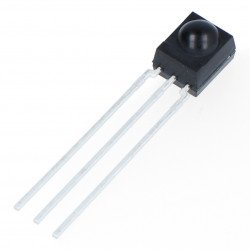
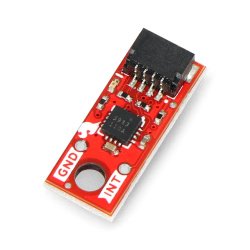
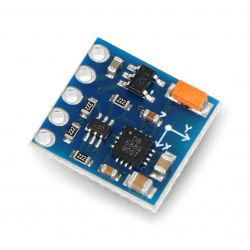



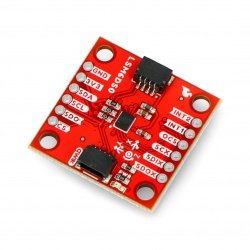
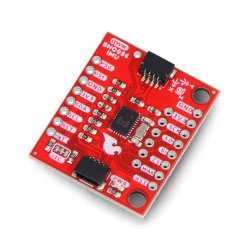
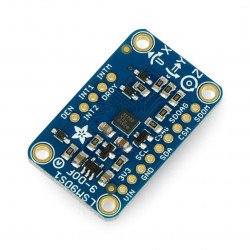
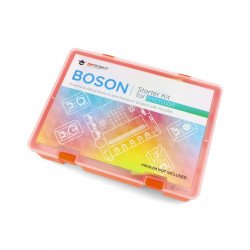

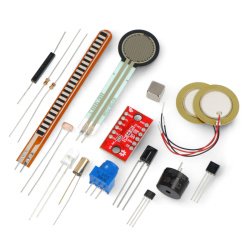










































































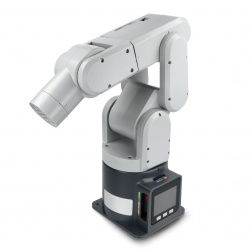






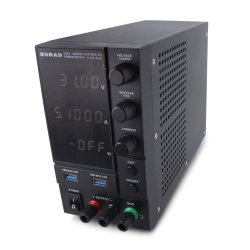
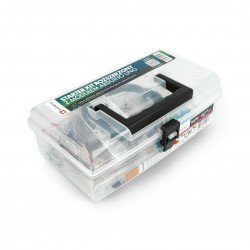

































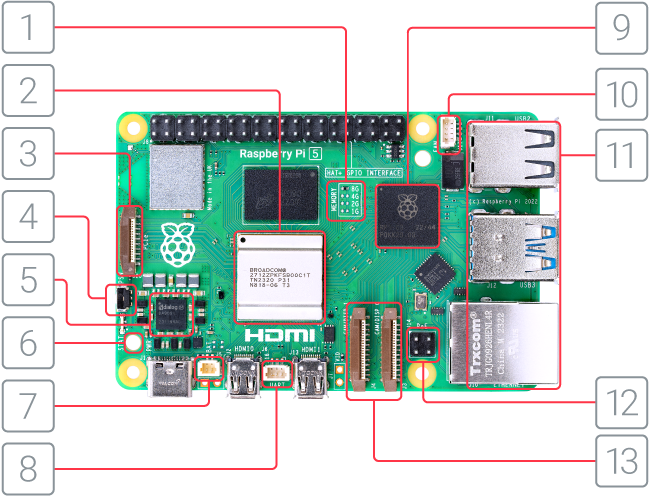
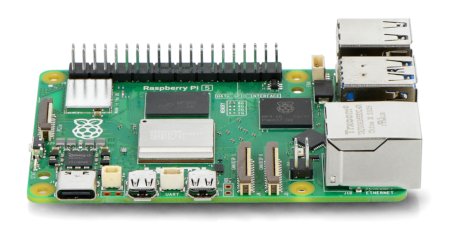
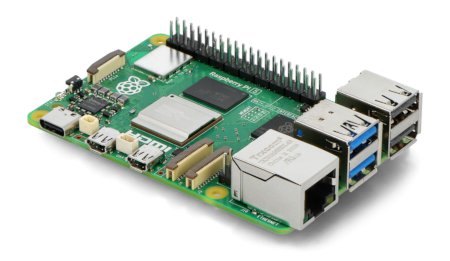 Interfaces in Raspberry Pi 5.
Interfaces in Raspberry Pi 5.